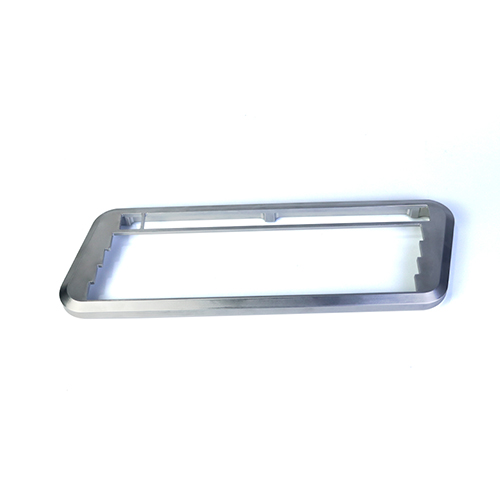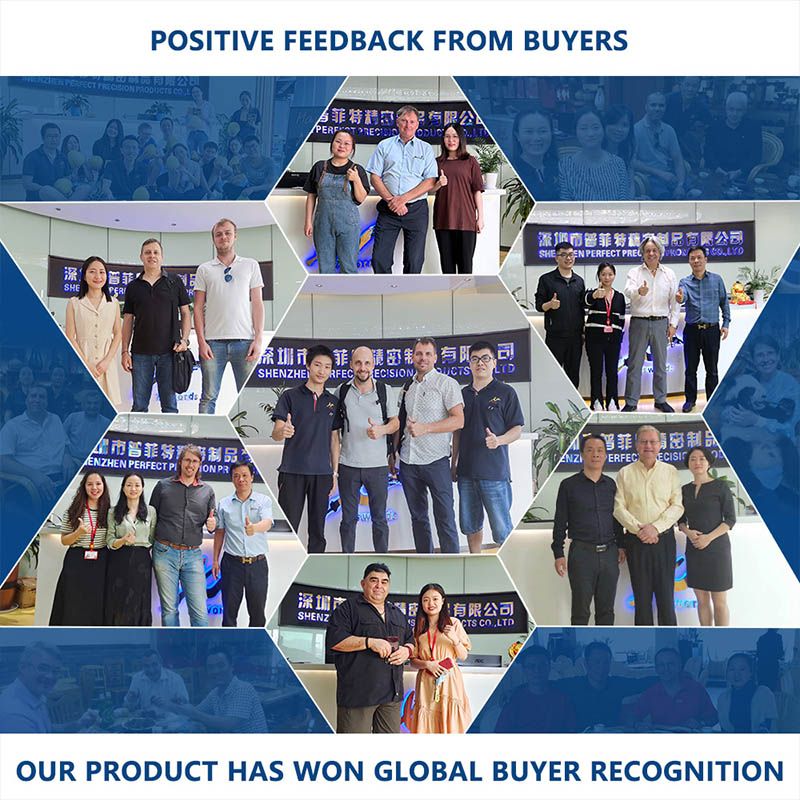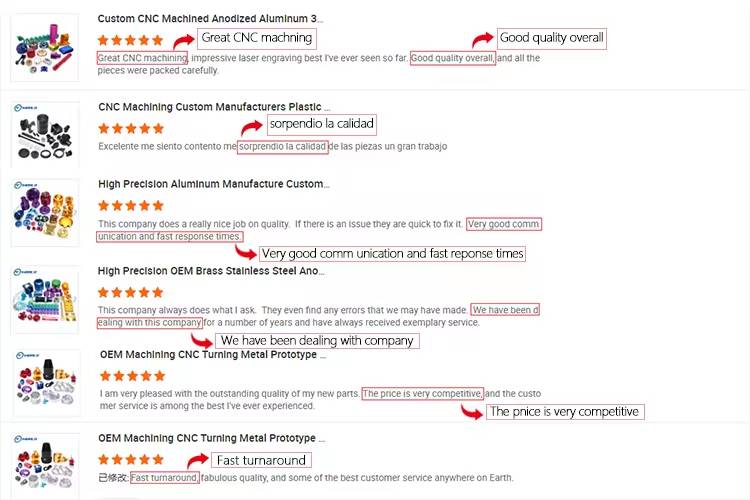Precision engineering services
Product Overview
In today’s highly competitive industries, precision and accuracy are non-negotiable. From aerospace and automotive to medical devices and electronics, manufacturers rely on precision engineering services to deliver components and systems that meet the most exacting standards. These services combine advanced technology, expert craftsmanship, and rigorous quality control to ensure exceptional performance and reliability in every project.

What Are Precision Engineering Services?
Precision engineering services involve the design, development, and production of high-accuracy components, machinery, and systems. These services cater to industries that demand tight tolerances, complex geometries, and robust durability in their products. Leveraging advanced tools such as CNC machines, CAD/CAM software, and 3D inspection systems, precision engineers ensure every component is manufactured to exact specifications.
From prototyping and small-batch production to large-scale manufacturing, precision engineering services encompass a wide range of capabilities, including:
●CNC Machining: High-precision milling, turning, and drilling for intricate parts.
●Custom Tooling: Design and production of specialized tools and dies for manufacturing.
●Reverse Engineering: Recreating components by analyzing and replicating existing designs.
●Assembly Services: Combining precision-engineered parts into complete, functional systems.
●Inspection and Testing: Rigorous quality assurance to verify performance and dimensional accuracy. Key Benefits of Precision Engineering Services
1.Unmatched Accuracy
Precision engineering focuses on achieving micron-level tolerances, ensuring every component is manufactured with exceptional accuracy. This precision is crucial for applications where even the smallest deviation can lead to failures or inefficiencies.
2.Enhanced Product Quality
By leveraging state-of-the-art equipment and skilled professionals, precision engineering delivers components with superior finish, strength, and durability. These high-quality parts improve the overall performance and reliability of your products.
3.Cost Efficiency
Precision engineering minimizes material waste and optimizes manufacturing processes, reducing production costs. High-quality parts also lower maintenance and replacement expenses, providing long-term savings.
4.Customization and Flexibility
Whether you need one-off prototypes or mass production, precision engineering services can adapt to your requirements. Custom solutions ensure your components meet unique specifications and industry standards.
5.Faster Time-to-Market
With rapid prototyping and efficient production workflows, precision engineering services help you bring your products to market faster. This is especially beneficial in competitive industries where speed is critical.
Applications of Precision Engineering Services
Precision engineering services are indispensable across a wide range of industries, including:
●Aerospace: High-precision components for engines, avionics, and structural elements.
●Automotive: Custom parts for engines, transmissions, and suspension systems.
●Medical Devices: Surgical tools, implants, and diagnostic equipment requiring biocompatibility and exact dimensions.
●Electronics: Heat sinks, connectors, and enclosures with intricate designs.
●Industrial Machinery: Heavy-duty parts for equipment used in manufacturing, energy, and construction.
●Defense: Advanced weapon systems, sensors, and communication equipment.
Conclusion
In an era where precision and performance define success, partnering with a reliable provider of precision engineering services is essential. Whether you need intricate parts for aerospace applications, robust components for industrial machinery, or custom solutions for cutting-edge medical devices, precision engineering ensures your products exceed expectations.


Q:Do you offer prototyping services?
A:Yes, we provide rapid prototyping services to help you visualize and test your designs before proceeding to full-scale production. This ensures optimal functionality and cost-effectiveness.
Q:What is your tolerance capability for precision parts?
A:We maintain tight tolerances based on your project’s requirements, often achieving tolerances as low as ±0.001 inches. Let us know your specific needs, and we’ll accommodate them.
Q:How long does production take?
A:Lead times depend on the part complexity, order size, and finishing requirements. Prototyping typically takes 1-2 weeks, while full production may range from 4-8 weeks. We work to meet your deadlines and provide regular updates.
Q:Do you offer international shipping?
A:Yes, we ship worldwide! Our team ensures safe packaging and arranges shipping to your location.
Q:How do you ensure product quality?
A:We adhere to strict quality control processes, including: In-process inspections Final quality checks Use of advanced testing equipment We are ISO-certified and committed to delivering reliable, defect-free parts.
Q:Can I request material certifications and test reports?
A:Yes, we provide material certifications, test reports, and inspection documentation upon request.












